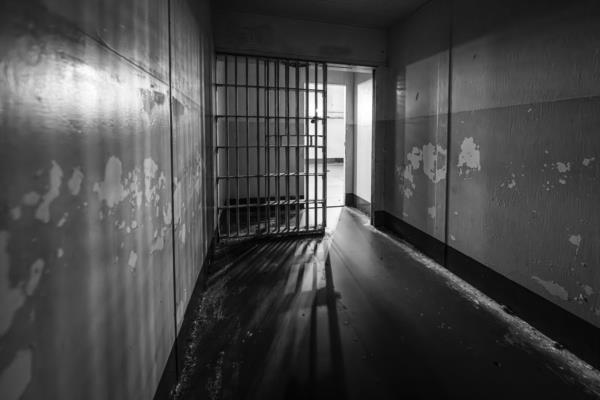
The United States has recently transferred a detainee from the military prison at Guantanamo Bay to Kenya, marking the first detainee transfer in over a year. Mohammed Abdul Malik Bajabu was moved to Kenya nearly three years after a Periodic Review Board determined that his continued detention under the law of war was no longer necessary in December 2021, as per a release from the Pentagon on Tuesday.
Defense Secretary Lloyd Austin informed Congress of his intent to transfer Bajabu to Kenya in November. Bajabu, who had been detained since 2007, was never charged with a crime. According to Department of Defense filings, he was identified as a facilitator for al Qaeda in East Africa prior to his detention.
The last detainee transfer took place in April 2023 when a 72-year-old al Qaeda associate was transferred to Algeria after more than two decades of detention at Guantanamo. President Joe Biden has expressed a commitment to closing the Guantanamo Bay detention facility, commonly known as GTMO, but progress in moving the prisoners held there has been slow over the past four years.



Currently, there are 29 detainees remaining at the military prison, with 15 of them eligible for transfer. Among those still detained are three alleged 9/11 conspirators whose plea deals are subject to an ongoing dispute between the Pentagon and the military judge regarding their validity.
Former President Barack Obama also pledged to shut down Guantanamo during his tenure, establishing the office of military commissions and the Periodic Review Board system. However, he was unable to fulfill this promise during his eight years in office. President Donald Trump, on the other hand, signed an executive order in January 2018 to keep the facility open, reversing Obama's policy and suggesting the possibility of detaining additional prisoners at the facility.
Originally opened in 2002, the Guantanamo Bay detention facility was initially intended for the interrogation of suspects in the war on terror. However, over time, prisoners have been held indefinitely, turning the facility into a symbol of US rights abuses in the post-9/11 era as the US war on terror continued.







